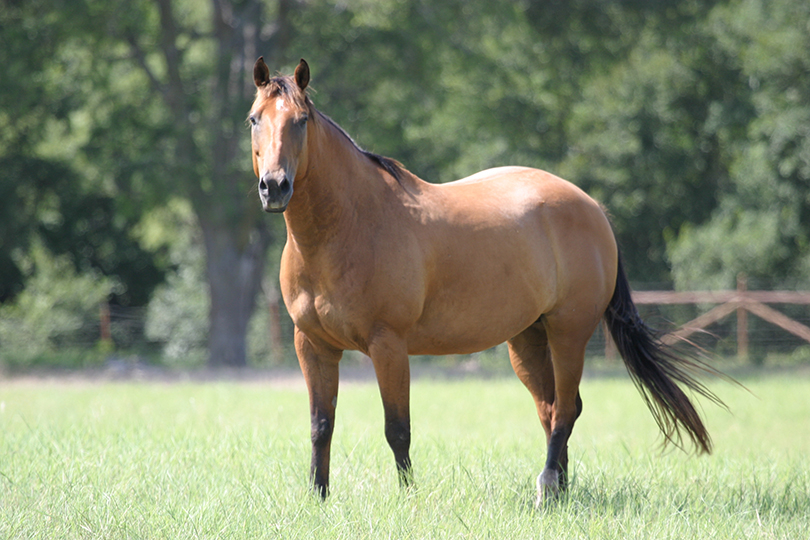With the constantly changing weather, horse owners will want to monitor the water intake of their animals to prevent colic issues.
“We have days that are 70 degrees and the next day may be 30 degrees, and I believe this affects animals more than just constant cold,” veterinarian Dr. Bob Judd said.
The dry-based diet horses have in the winter months is more likely to lead to colic pain than the green grass-based diet they have in the spring months.
“Also, many times during the winter, horse owners increase the feed of their horses to meet the energy demands, but this can upset their digestive tract and cause a decrease in function,” he said.
Judd recommends horse owners keep horses out in the pasture to get as much exercise as needed during the winter months to keep colic issues at bay. He also recommends heated water troughs, soaking hay in water and, if the horse will eat it, add water to the feed.

